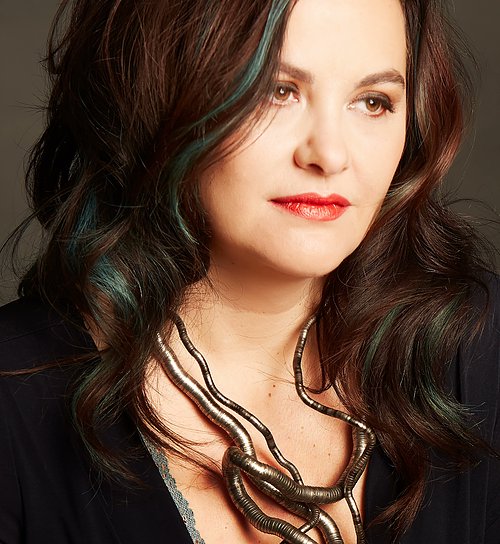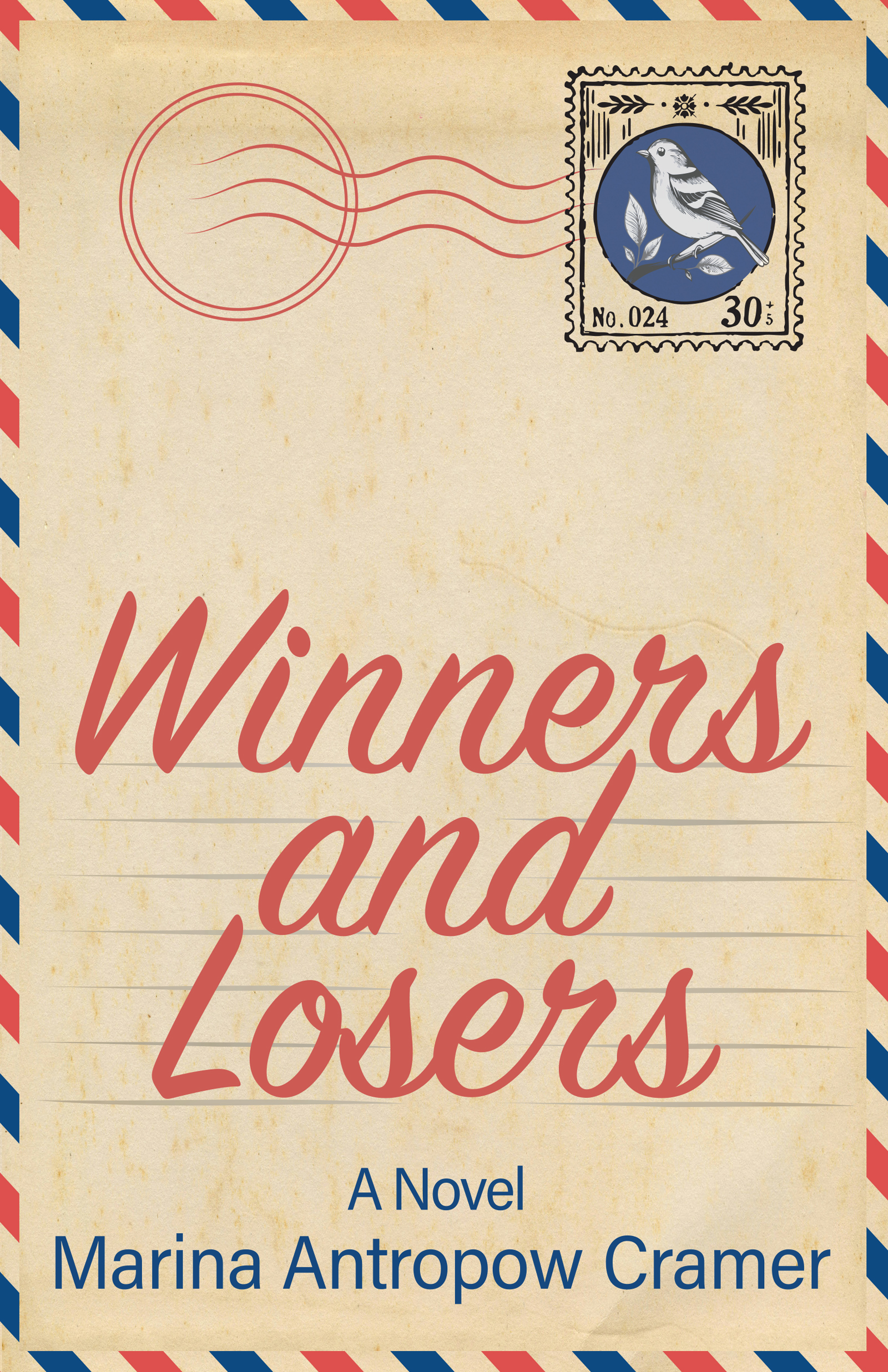C. Kubasta was born in a small town, a place where the winter light through bare branches always looks a little spooky. Her previous novels This Business of the Flesh (Apprentice House), and Girling (Brain Mill) explore small-town life through the interrelationships of complex and flawed protagonists. Her poetry is widely available in a variety of journals, and the poetry collections Of Covenants (Whitepoint Press), and All Beautiful & Useless (BlazeVox). She lives, writes, and teaches in Wisconsin, where she continues to be fascinated by the subtleties of language, meaning, and the stories we choose to tell, as well as those we don’t.
Q: What made you want to get up and write your book; in other hands where did the drive of your book come from?
A: For Abjectification, I was inspired by the uncanny and genre-transcending work of Samanta Schweblin, Laura van den Berg, and Carmen Maria Machado. I’ve also taught a few classes in horror lately, and the conversations with colleagues and students in that space has got me thinking about women’s bodies as the site of trauma and terror, a place to be transcended and escaped, but also imbued with a primal fear. I wanted to explore how those bodies attract and repel, especially in the context of relationships.
Q: Why did you choose the title for your book? Is there any significant meaning to the title?
A: Yes! I was working with a friend who edits my work, playing around with titles, and wanted something to engage with the idea of women’s bodies, as well as the way certain horror motifs, and theories, are subtly threaded throughout. I’d been reading Carol Clover, Linda Williams, and Barbara Creed, so wanted to name the theory of the abject, while also explicitly referencing the idea of objectification – thought I might create a portmanteau. It’s a little wonky, I know.
Q: I heard that this is your first published book filled with short stories. How did these short stories come about with the characters and setting for the different stories?
A: Many of these stories are very small-town – there are scenes of woods, and township meetings about wind turbines, and places where the insular nature of everybody knowing everybody is suffocating. That’s the kind of place that I know as home. People move away, but never really shake off the way we grew up. Someone we know knows someone we knew. We might feel trapped by this, followed, never free. For some people, that kind of connection can feel like safety; for others, it can feel like the opposite. For the characters in my stories, they’re often caught there, in that space.
I think there’s also something about the safety of women here. I wanted to write strong fully-fleshed out women characters – that means that although sometimes they’re victims, sometimes they’re unknowable, and sometimes they’re aggressors.
Q: What is the most difficult aspect of being an author?
A: As an indie author, working and side-hustling to promote myself takes time and energy – but other than that, I love writing. While I’m busy with teaching too, and several writing-related projects, the only thing I find difficult is that I wish I had more time. Otherwise, writing is a pleasure – whether it’s fiction, poetry, or reviewing work I care about – and I only wish I could do it more.
Q: What impact do you think your book would have on others when it is released (current book)?
A: I don’t know – I would be honored to have someone read my work and be inspired, or maybe a little unsettled. There’s so much interesting contemporary work that challenges genre-distinctions, plays with the definition of horror or speculative or fiction or memoir, and it would be an honor to be among that growing canon.
Q: What emotions did you have during your book process? For example, when publishing your first book, how did you feel during the whole process happened in terms of contacting your marketer, publisher, getting your book out to the world and the aftermath of it? Do you think you would have the same emotions with this book being published?
A: The first book acceptance I got (my poetry book) I screamed so loudly my partner thought I was hurt. I’ve since calmed down a little, but it’s still very exciting. And I have to admit, working with a press like AH is very rewarding, because I care greatly about the idea of small presses, and working with the student team. It’s also very exciting to be able to explore a new direction – and Abjectification is a new idea for me.
Q: Your book contains real life events and topics going on today, how much of an impact does that have on you and what made you want to write about it?
A: My experiences, and the things I encounter beyond my life, did have a large effect on these stories. One story in particular I wrote after a number of conversations about a #metoo revelation, when I was asked about women being sexually aggressive. Several of the stories deal with women in single-sex contexts – like Girl Scout camp, or a women’s college. But over and over I found myself writing about two things: death (when people we loved are actually gone), and what happens when they’re not actually gone. Maybe that’s what I’m most worried about – the not knowing. A haunting. If we truly love someone, we won’t ever be alone again. Which means we won’t ever be free either. The idea of that kind of intimacy terrifies me.
Q: Out of all the different short stories, which one do you think relates to your life the most?
A: I think like many writers, I pick certain threads from my life and weave them into the stories. As such, many of the places and people are drawn from the familiar for me. Funnily, though, the story that I find most resonant (and one of my favorites) is “Freak Show.” Although those characters aren’t in any way drawn from my life, I feel like I know them – Meghan has layers (and not just the ones she inks onto her skin) – she’s drawn to Jeff, because he’s familiar: he reminds her of home, her childhood, the faith she’s wrestled with and left. Jeff is powerfully attracted to Meghan, but also a little frightened of her (and maybe all women) because of the things they can do, but he cannot. They are both trying to navigate their relationship, the push & pull of their families’ strictures for them, the past. Each hold people at bay – arm’s length – but sometimes also puncture those boundaries and strive for a kind of intimacy that is deeply unsettling and frightening.
Q: What makes you stand out compared to other authors? Your work?
A: I don’t know that I do – nor do I really wish to. I’d like to fit in with a community of authors whose work I deeply admire, among them: Carmen Maria Machado, Laura van den Berg, Amber Sparks, Samanta Schweblin, Kristin Arnett, Bonnie Jo Campbell – and so many others. These writers have written such compelling narrative (in short story collections, novellas, and longer forms) that have drawn me in, surprised me, and convinced me (often) that the characters they’ve created are real, and might even be my neighbors, or my friends, or someone I could meet. Their prose is often realistic and uncanny all at once, rich with the magic of the everyday.
Q: You being an author, you write about horror and put a little twist in there. Correct me if I am wrong, but ‘horror and a little sexy’. How did you get into this type of genre?
A: I was inspired by reading the work of many of the authors above, and importantly, by team-teaching with a couple colleagues (I thank them in my acknowledgements). Funnily, although I enjoyed a good jump scare from time to time, I never really loved horror. But, working with them, and thinking about the theory and structures that underlie the horror genre – especially regarding gender and the sexuality – helped me to both enjoy it, and to be able to engage with it beyond simply fear. I still get “icked” out by too many fluids (I cannot watch the 1974 original The Texas Chain Saw Massacre in one sitting) but I love thinking about it.

